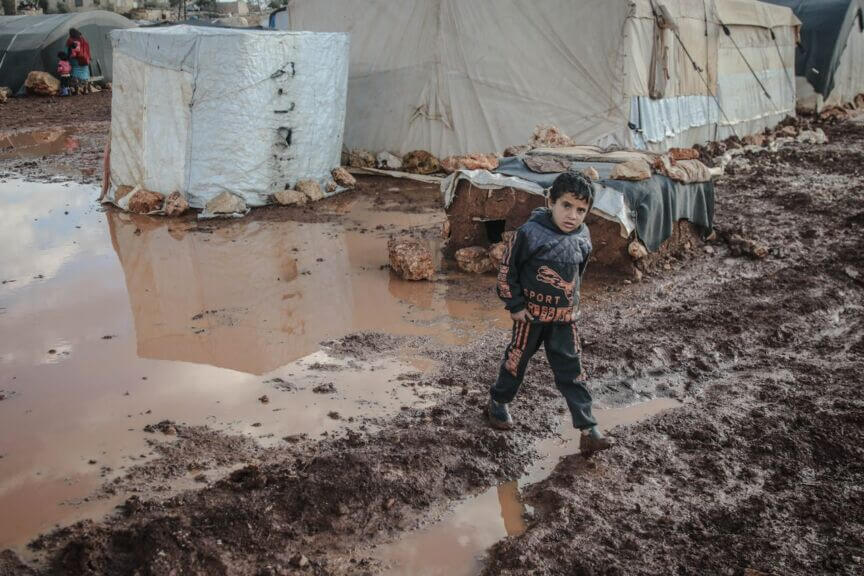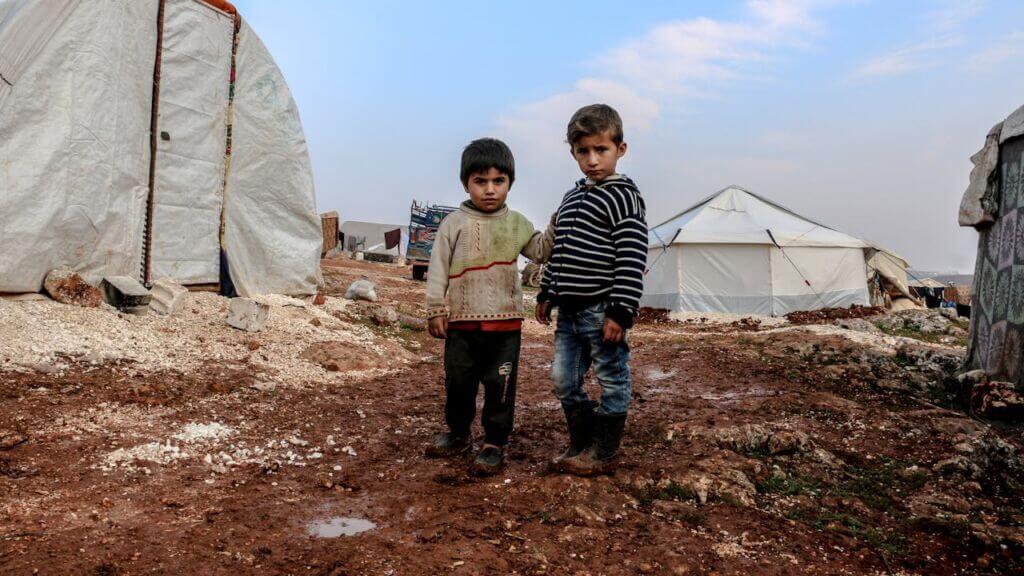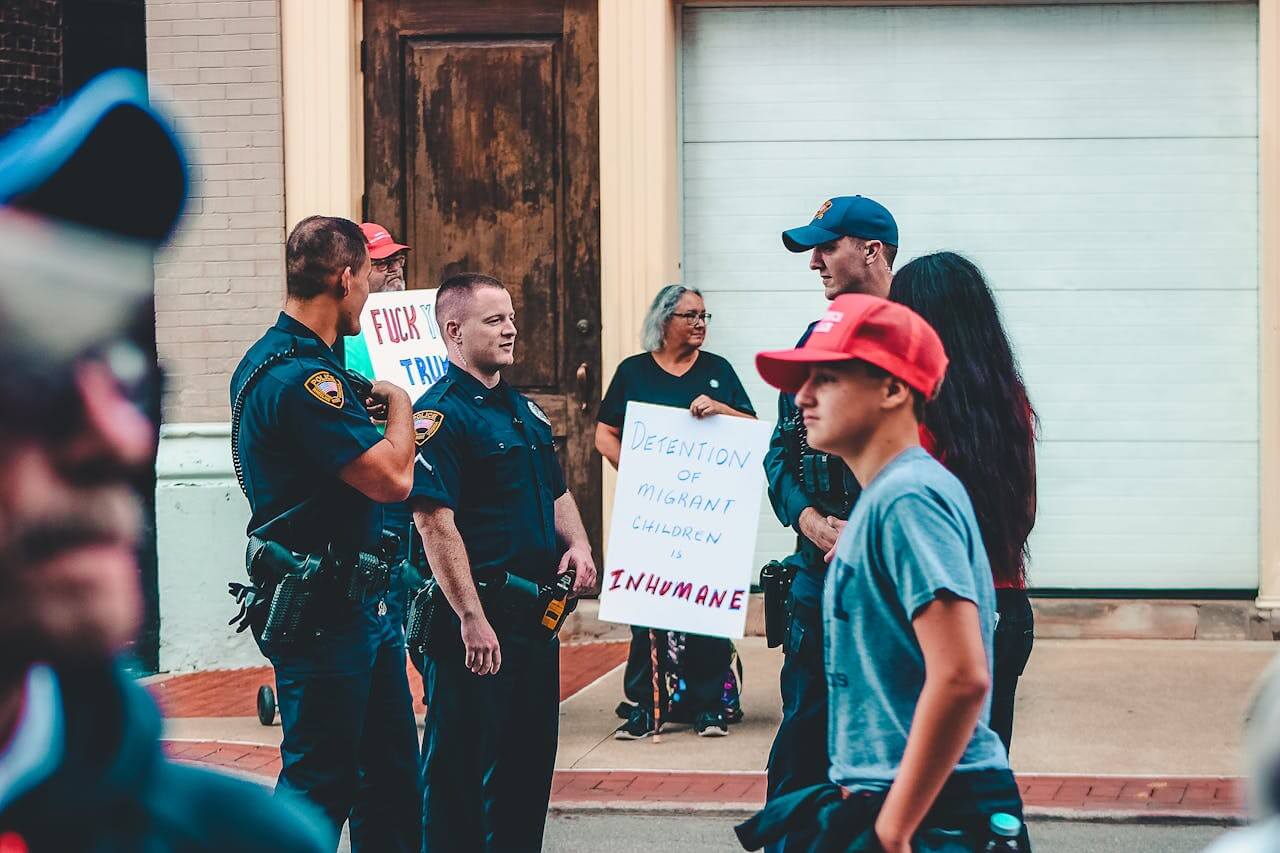The Background of Protected Status for Venezuelan Migrants
The issue of protected status for Venezuelan migrants gained substantial attention in recent years, particularly as the political and humanitarian crisis in Venezuela intensified. The United States has historically provided Temporary Protected Status (TPS) to individuals from countries experiencing turmoil, allowing them a safe haven while their home countries stabilize.
This section will explore the current administration’s actions regarding TPS for Venezuelan migrants and the implications of recent Supreme Court rulings on immigration policy.
Overview of the Biden Administration’s Actions
The previous administration took significant steps to address the plight of Venezuelan migrants. In March 2021, the Biden administration announced the designation of TPS for Venezuelans who had been residing in the U.S. since March 2021. This decision acknowledged the severe economic collapse, widespread violence, and political repression that have characterized life in Venezuela, leading to millions fleeing the country.
This TPS designation allowed eligible Venezuelan nationals to remain in the U.S. and work legally, providing them with a crucial lifeline as conditions in Venezuela remained precarious. The support from advocacy groups and community organizations played a pivotal role in raising awareness and ensuring that affected Venezuelans knew their rights and options.
Impact of the Recent Supreme Court Ruling
The Supreme Court’s ruling on the TPS of Venezuelan migrants will have far-reaching implications for current protected status holders. Recently, the Court upheld the right of the Trump administration to revoke TPS, reinforcing the government’s discretion in making such determinations based on the conditions in specific countries.
The implications of this ruling are profound; it not only revokes the status of TPS holders but also sends a clear message regarding the lapse in the U.S. government’s responsibility to protect individuals fleeing dire circumstances. It highlights the vulnerability of these protections, as they can be rescinded or altered with changing political landscapes. This uncertainty underscores the need for continuous advocacy and awareness to secure the rights and protections of migrants who come to the country seeking refuge.
What is Protected Status?
Temporary Protected Status (TPS) is a humanitarian designation granted to eligible individuals from designated countries experiencing ongoing conflict, environmental disaster, or other extraordinary conditions that temporarily prevent safe return. The purpose of TPS is to provide temporary relief from deportation and offer work authorization to those who cannot return home due to unsafe conditions.
Temporary Protected Status is not a path to permanent residency or citizenship but serves as a vital stopgap for individuals facing immediate danger. The program has existed for several decades and reflects (reflected) the U.S. commitment to providing refuge to those fleeing persecution or disaster.
The designation is determined by the Secretary of Homeland Security, who assesses the conditions in the respective country and the potential risks to returnees. In the case of this administration, it’s doubtful that Kristi Noem cared enough to look into the current situation in Venezuela. Instead, the administration is seeking a path forward to removing them from the country regardless of the consequences to the migrants.
Eligibility Criteria
To qualify for TPS, applicants must meet specific eligibility criteria. First, they must be nationals of a country designated for Protected Status, or they must have a nationality from that country. Additionally, applicants must have been physically present in the U.S. since the designated date and must have maintained continuous residence in the U.S. during the protection period.
Certain criminal convictions or violations can disqualify an applicant, emphasizing the importance of adhering to legal standards during the TPS application process. The government conducts background checks to ensure that individuals granted TPS do not pose a threat to public safety or national security. This careful vetting process aims to maintain the program’s integrity and its focus on humanitarian principles.
The Trump administration’s desire to remove their protected status is for DHS to be able to deport them back to a dangerous country (or worse, to a prison in El Salvador for the rest of their lives).
They claim to be deporting undocumented immigrants for public safety reasons, but that excuse doesn’t hold water when you consider the intense vetting process they were already subjected to. They can’t claim that any of the Venezuelans with TPS are in MS-13 or Tren De Aragua.
Benefits of Protected Status
The benefits of obtaining Temporary Protected Status are significant, providing individuals with a sense of security during uncertain times. TPS holders are protected from deportation, meaning they can stay in the U.S. without fear of being forcibly returned to dangerous situations. Additionally, they receive work authorization, allowing them to support themselves and their families legally.
TPS can also provide access to certain state and federal benefits, although these benefits may vary depending on the state. This legal status allows individuals to contribute to their communities and the economy, creating a sense of belonging and stability in their lives. The psychological relief that comes with having legal status cannot be understated, as TPS offers hope and a chance to rebuild lives amid adversity.
Implications of Losing Protected Status
The loss of TPS creates significant risks for Venezuelan migrants currently residing in the U.S. With the removal of protected status, individuals will face deportation to a country where they may encounter violence, persecution, or life-threatening conditions. Knowing that their Protected Status can change depending on who is in the White House can lead to anxiety and fear among TPS holders, impacting their mental health and overall well-being.

Losing TPS has economic implications as well. Many Venezuelan migrants contribute actively to the workforce, filling essential roles in various industries. Revoking their legal status will lead to job losses and economic instability for individuals and families reliant on these incomes. The broader community will also feel the effects, as local economies suffer from the sudden removal of skilled workers.
Broader Effects on Migrant Communities
The ramifications of losing Protected Status for Venezuelans extend beyond individual cases; they impact the entire migrant community in the U.S. This move sets a concerning precedent for how future administrations handle TPS designations for other nations. Advocates fear that losing protections will lead to increased fear and hesitation among migrant populations seeking asylum and safety in the U.S.
The mass deportations are exacerbating existing humanitarian crises both in the U.S. and in the countries from which these individuals are fleeing. As migrant communities face the loss of protections, solidarity and support networks will be critical in navigating these challenges and advocating for the rights of all migrants.
Moving Forward: What Comes Next?
As the situation with Venezuelanmigrants evolves, advocacy and support for migrants from other countries will be important in ensuring their rights and protections remain intact. Numerous organizations and grassroots movements are working tirelessly to raise awareness, provide legal assistance, and lobby for the continuation of TPS. These efforts are vital in empowering migrants to understand their rights and navigate the complexities of immigration law.
Community support is also essential in providing resources for those affected. This includes access to legal clinics, mental health services, and educational opportunities. Collaborative efforts among community organizations, local governments, and advocacy groups can create a robust safety net for migrants facing uncertainty, ensuring they remain engaged and supported during difficult times.
Potential Policy Changes and Future Developments
The landscape of immigration policy is continually shifting, and potential future developments regarding TPS will depend on various factors, including political will, public opinion, and the ongoing situation in other countries. Ongoing advocacy efforts will be necessary to influence policymakers and ensure that the needs of migrants are addressed in future immigration reforms.
Additionally, public awareness campaigns can play an important role in shaping the narrative around migrants and their experiences. By emphasizing the humanitarian aspects of TPS and the importance of providing refuge to those fleeing violence and persecution, advocates can foster greater empathy and support for affected communities. This shift in public sentiment could ultimately lead to more favorable policies and protections for migrants in the U.S.






